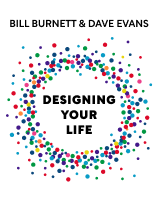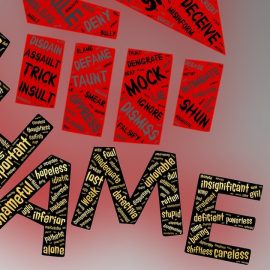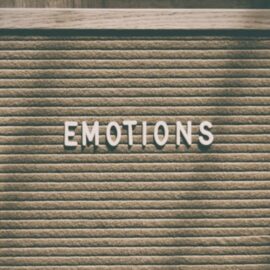

This article is an excerpt from the Shortform book guide to "Designing Your Life" by Bill Burnett and Dave Evans. Shortform has the world's best summaries and analyses of books you should be reading.
Like this article? Sign up for a free trial here .
Do you have a life compass? How can it help you live a more coherent life?
A life compass is made up of your life philosophy and your work philosophy. It helps you gauge your life’s coherence—agreement among your identity, your beliefs, and your actions. Ultimately, it helps you go in the right direction while staying grounded.
Continue reading to learn how to use a life compass to find your true north.
Your Life Compass
You can navigate your life by building a “compass” and discovering your “true north.”
Defective belief: “I should always know where I’m headed.”
- Corrected belief: “I may not always know exactly where I’m headed, but I can always know if I’m heading the right way.”
Creating Your Life Compass
To get where you want to go, it’s essential to know what you’re looking for. The practice of life design can help you answer these questions by teaching you to build a life compass. This consists of two components:
- Your work philosophy includes everything you think and believe about work: what it’s for, why you do it, and what makes it good or bad. Your work philosophy is what work means to you.
- Your life philosophy includes everything you believe about the world and how it works: what it means, what gives it value, how your individual life relates to others, the place of money in a meaningful life, and the value you place on fulfillment, growth, and experience. Your life philosophy is what life means to you.
To create your life compass, write a statement of your work philosophy and a separate statement of your life philosophy. Then compare the two and examine how they relate to each other.
Your work and life philosophies will shift over time, so revisit and revise them occasionally to recalibrate your life compass.
Living a Coherent Life
Creating your life compass provides a way to gauge your life’s coherence. Remember, life design is all about having a coherent life. This means a life in which you clearly understand the connections among three things:
- Your identity
- Your beliefs
- Your actions
Incoherence in your life is easy to spot once you’ve built your life compass, which enfolds these three things. For example, if part of your life philosophy is the belief that it’s important to leave a better, cleaner planet for the next generation, but your actions include working for a large corporation that pollutes the skies and oceans, you’re living with incoherence.
Sometimes temporary incoherencies are okay, if you choose them consciously. For example, your life philosophy might value art above everything else, but your work philosophy might put art temporarily on hold so that you can make enough money to support your family while you’re raising your kids. In this case, your life is still coherent, because you’re consciously navigating temporary factors to maintain your overall life course, as opposed to being thrown off course by an unacknowledged conflict.
Finding Your True North
Once you’ve written down your work and life philosophies and considered their coherence, you’ll find your true north. At any given moment, you’ll be able to tell whether you’re heading in the right direction. You’ll be able to use your work and life philosophies to reorient yourself whenever you feel briefly lost.

———End of Preview———
Like what you just read? Read the rest of the world's best book summary and analysis of Bill Burnett and Dave Evans's "Designing Your Life" at Shortform .
Here's what you'll find in our full Designing Your Life summary :
- Why finding your "true passion" in life is a myth
- The five mental attitudes in design thinking
- How to design a meaningful life in which you can truly thrive






